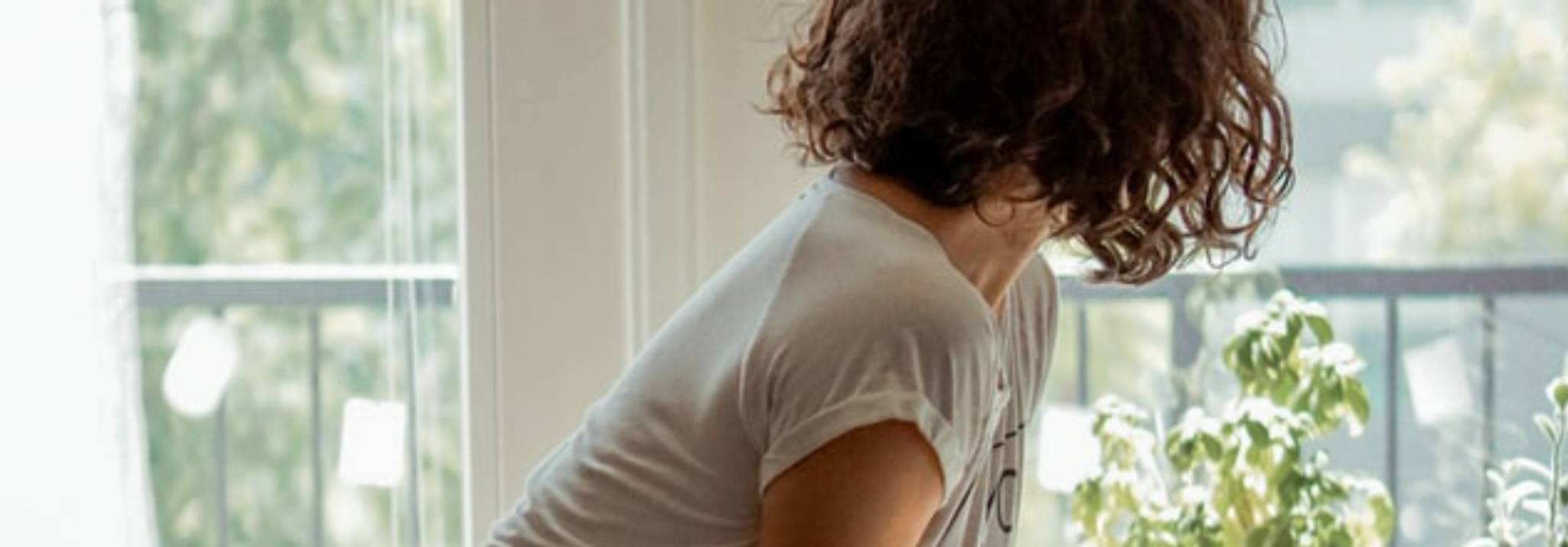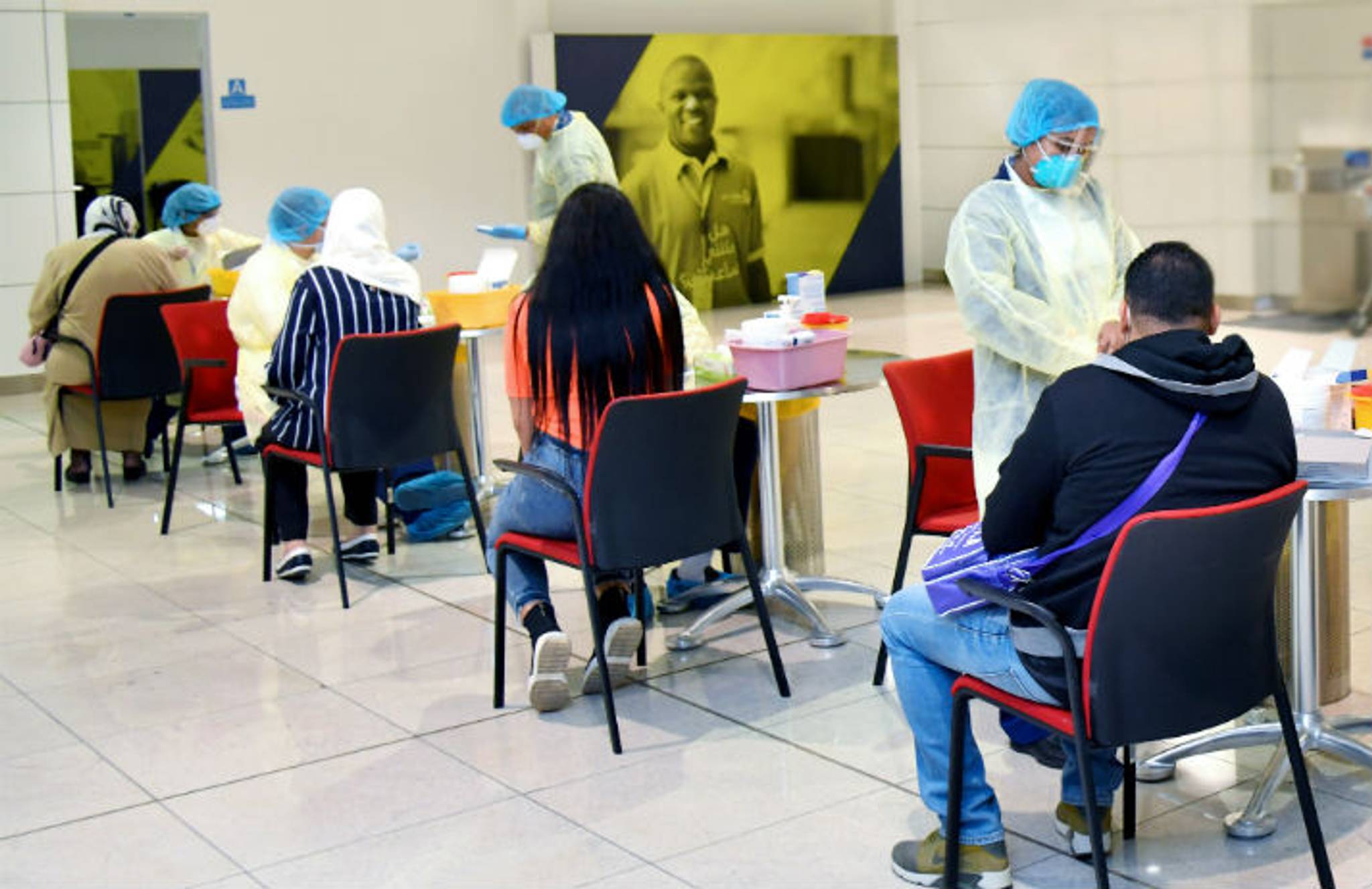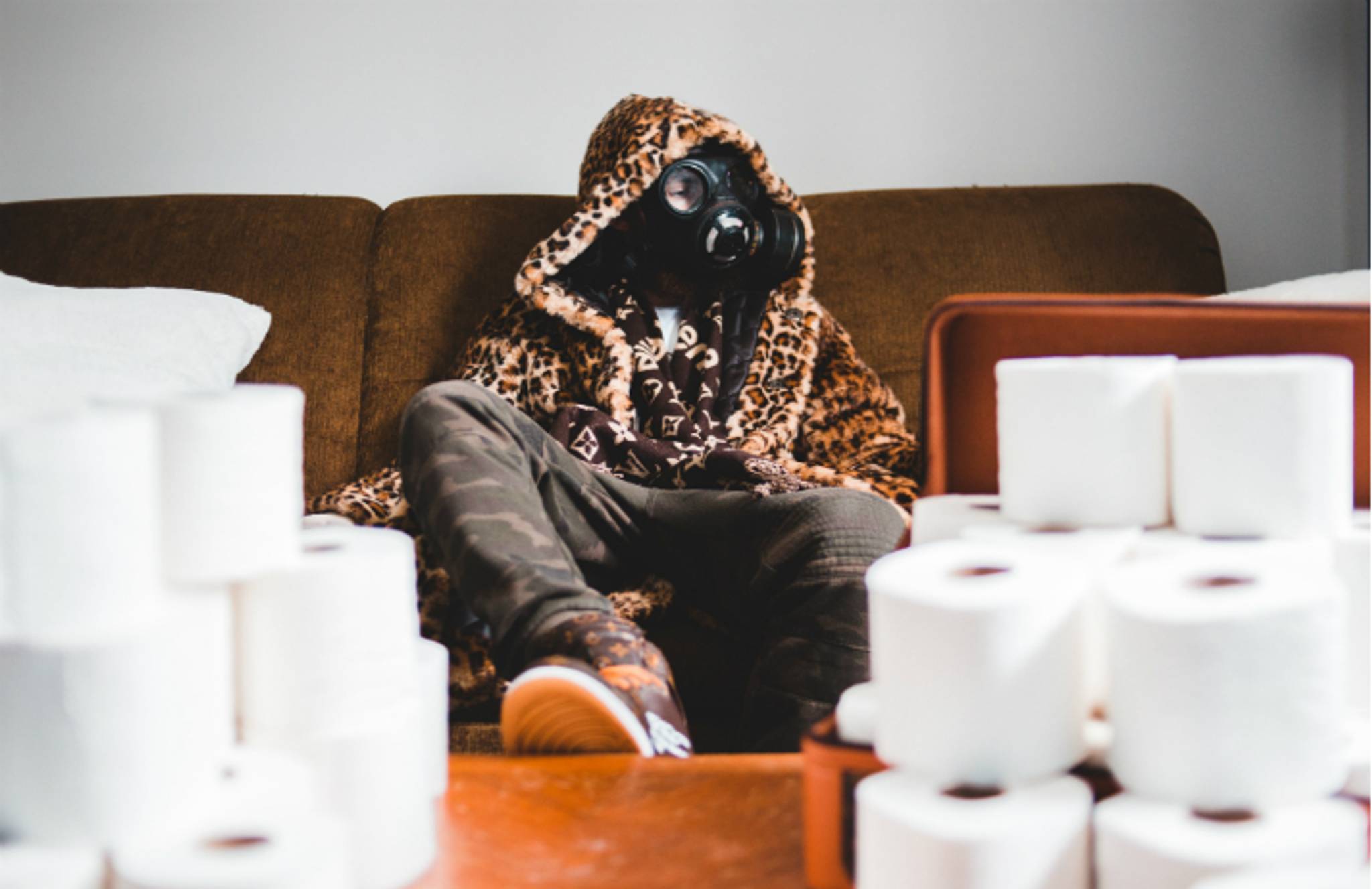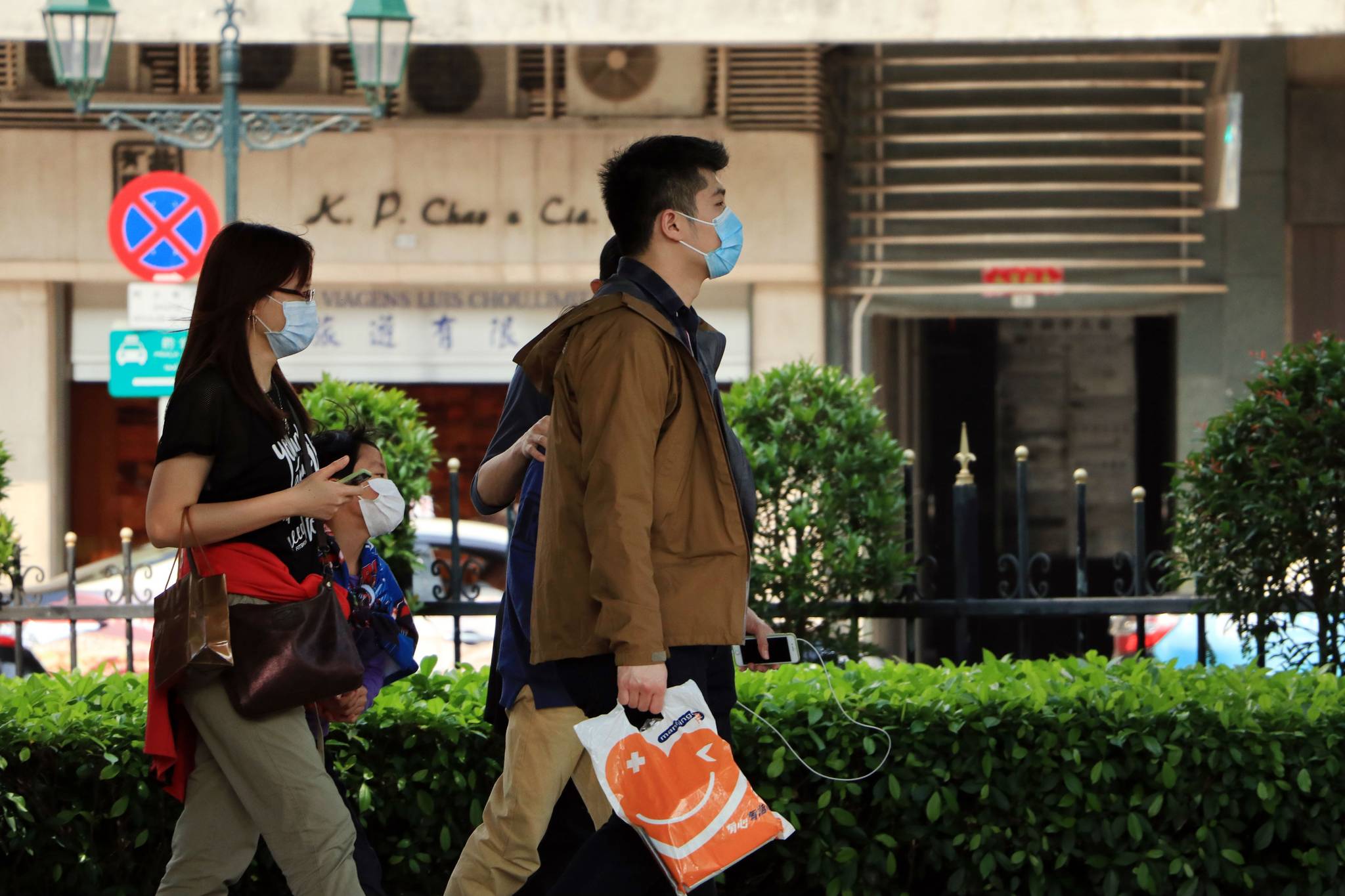
With international air travel at a standstill, Thai Airways has reversed its air-miles scheme by rewarding frequent flyers for staying at home. We explore the insights behind why this and how the brand offers a lesson in how to stay relevant during lockdown by incentivising good pandemic behaviour and giving customers something to look forward to.
Thai Airways' campaign encourages people to stay indoors, while also giving them an incentive to plan for their post-COVID-19 travel. In order to win the free miles, members of Thai Airways’ frequent flyer scheme need to download the Stay Home Miles Exchange app, which uses geolocation technology to track their whereabouts. Participants earn one mile for every four hours of staying at home during the campaign, with a maximum of one million miles available to all participants.
“Thai Airways wishes to stand by the side of all the people in Thailand during this difficult time by urging them to practice social distancing at home to stop infection for the nation,” says Wiwat Piyawiroj, executive vice president of commercial at Thai Airways.
Thailand’s economy is heavily dependent on tourism, with 20-30 million visitors each year and a significant amount of its GDP derived from tourist receipts, so a speedy return to air travel as usual is vital post-COVID-19. Thai Airways’ campaign works by offering an incentive to stay at home – an important part of moving to the end of the outbreak – while also getting people excited about future travel. However, given that 69% of people would actively avoid a brand if they felt it invaded their privacy, many people may not want to exchange their location data for air miles. Still, promoting safe habits during the pandemic – like Cottonelle did with its anti-stockpiling ad – is a good way to engender positive brand associations.
Louis Tozer is a behavioural analyst of social sciences at Canvas8. He holds a master's degree in history from UCL School of Slavonic and East European Studies and was formerly a research assistant at the Institute of Philosophy and Social Theory in Belgrade. He can often be found in the pub with friends or at Roots Hall, the home of Southend United.



